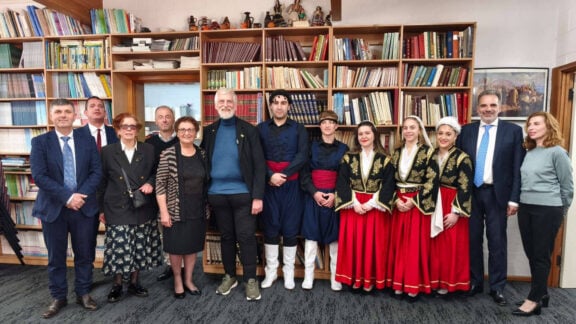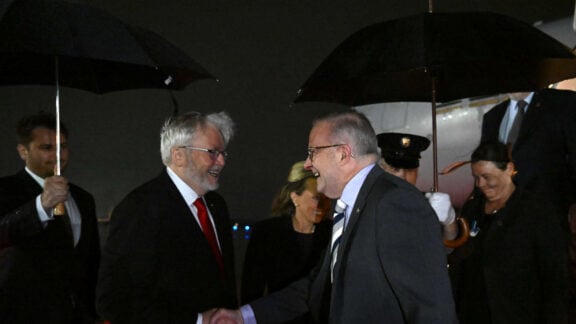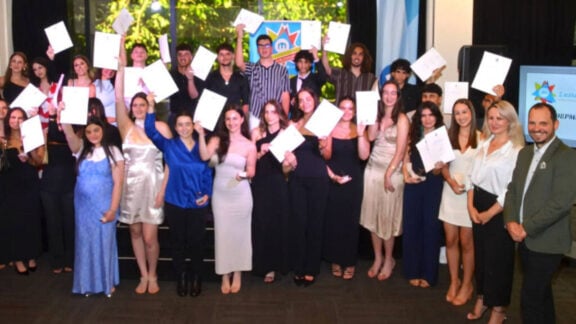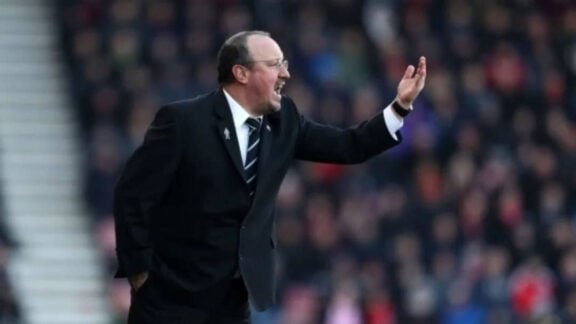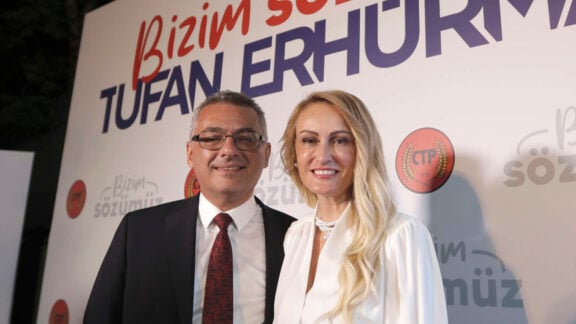With COVID-19 restrictions lifted in Melbourne last week, Neos Kosmos caught up with contributor Dora Houpis to see how her life has changed.
She reports that she is a lot happier than during the height of stage four lockdown, in August. She has started a new job, is listening to Greek music and is writing a novel for our modern times.
What was the first place you visited when lockdown ended on Wednesday 28 October?
As it coincided with the day commemorating Greece’s resistance to Italian hostilities in 1940, I went to Melbourne’s famous Hellenic precinct, Eaton Mall, in Oakleigh. I said “OXI” to takeaway souvlaki, “OXI” to galaktobouriko in a cardboard box. I sat down at a table and ate my lamb souvlaki and warm galaktobouriko from a plate.
What are you eating at home?
Ancient grains. There’s one in particular that originated in the Orient more than 8,000 years ago. I sprinkle a virginal fruit extract on top. In Greek, the dish is called “pilafi”. In English it’s called boiled white rice.
What are you listening to?
“Velvet Mornings” by Demis Roussos.
I especially like the chorus: “Τρίκη, τρίκη, τρίκη, τρίκη, τρίκη μάνα μου”.
I don’t know what these lyrics mean, but they make me happy. I swing my hips and click my fingers all day long.
READ MORE: My life in Meltdown: Lockdown Q&A with Dora Houpis
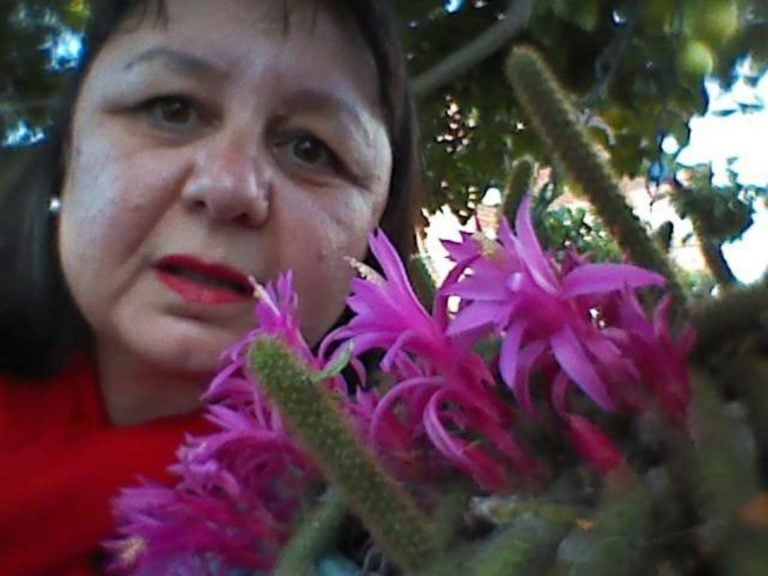
What are you reading?
I’m reading The New York Times 26 June article, “Could Doomsday Bunkers Become the New Normal”, by Mira Ptacin. It’s about people who buy bunkers to protect themselves from local and global crises, like a pandemic.
I’m looking at building a bunker at my parents’ house, in Oakleigh, with an underground tunnel to my brother’s house next-door. That way we can stay connected during the second COVID-19 wave because we will technically be one household.
But, if it turns out the bunker is not needed, it will serve as a good storage facility for the toilet paper I am stock piling. The underground connection to my brother’s house will be a handy feature, even without lockdown restrictions, as members from both households can roll each other toilet paper when ever anyone gets stranded. I’m optimistic that I will get council planning approval for the project.
What are you doing?
I’m writing a novel. The title is “The Spatchcock has Landed”. It’s about the abduction of a “MasterChef” finalist. The abductors believe if they stop the contestant most likely to win from competing, it would increase their candidate’s chances of winning the reality TV cooking show. It is a contemporary story for our modern times.
What has coronavirus taught you?
COVID-19 has allowed me to stop and think and reset. I asked myself what it was that was most important to me in this world. I came up with nature.
Victoria’s hard lockdown, between August and October, was particularly taxing. There were Skype and Zoom calls with friends and visits to my parents to perform carer duties, but the nature of stage four restrictions meant one had to restrict human contact in order to stop the spread of the virus.
So I made new COVID-safe friends and bought indoor plants. I watered them and moved them around my flat. I talked to them. They were a big comfort to me during lockdown.
Even when the restrictions were eased on 28 September allowing Melburnians to meet with a couple of people outdoors, my green “friends” weren’t tempted. They didn’t go anywhere. They remained loyal to me. They have been my rock.
There is Kolokotronis the Kentia Palm, Golfo the Guzmania and Tassos the Thanksgiving Cactus. Bouboulina, the Bonnie Curly Spider plant, I bought last Saturday to keep Kolokotronis company. I tried to buy Bouboulina during the lockdown, but I clicked on the wrong box on my computer screen and went to collect the plant at the wrong store and ended up with a bug catcher kit.
What job are you doing?
Post-lockdown, I’ve taken a totally different career path. I’ve become a plant influencer.
People pay me to show them how to care for their indoor plants. I teach them to know when their plants are thirsty and what new species to buy to expand their “plant family”. It’s become more than a job for me. It’s become my passion.
READ MORE: Expats in Greece, a dystopian setting during COVID-19 Lockdown 2.0
What’s the first place you would visit in Greece?
Kastellorizo to see the big ships. I’ve read the island has the best vantage point to see the Turkish research vessel ,”Oruc Reis”, and the Greek frigate, “Limnos”, which frequent the waters.
The Greek, Greek-Cypriot and Turkish ships are close friends as they come into very close contact, sometimes daily.
But I’m going to make it a working holiday. I could easily run my plant influencing business from the island thereby following Greece’s Prime Minister Kyriakos Mitsotakis’ recent advice to work from the island.
As reported in this newspaper a few weeks ago, Mr Mitsotakis told diasporans who tuned into The Hellenic Initiative webinar, in October, that Greece was being repositioned as a digital hub.
“But think of it, we’re a globally connected world where we can work from anywhere- COVID-19 has proven that if you have good digital infrastructure – which we do – Why not work out of Greece? Why not work out of Kastellorizo?” Mr Mitsotakis said.
I say, what a good idea. In my spare time, I will go to the shore and wave at the vessels. I might even see fireworks coming from the Turkish and Greek ships. That would make international headlines.

